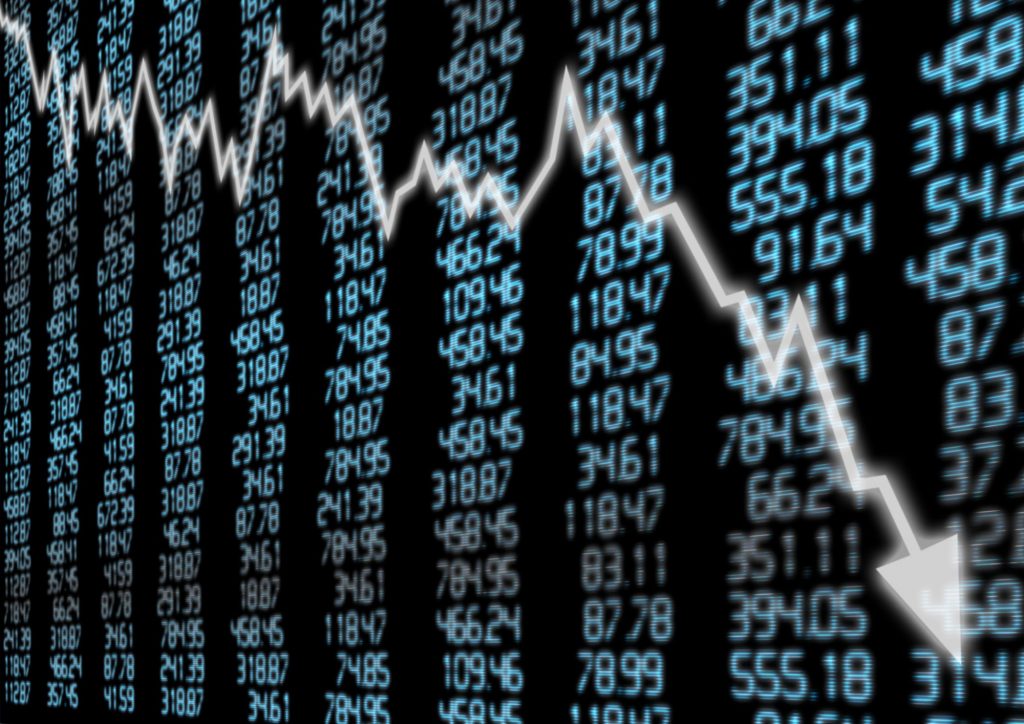
For months, investors have been on the edge of their seats just waiting for their portfolio values to tumble. Stocks have been largely overvalued for months, and many believe that conditions are ripe for a near-term stock market crash. In fact, there’s a solid chance stock values could tank before May comes to a close.
Of course, without a crystal ball, it’s impossible to predict when the next stock market crash will occur. But it’s important to be ready for one at all times, and that includes knowing what not to do if things take a turn for the worse. Here are three traps you shouldn’t fall into if stock market volatility strikes soon.
1. Stop investing
Many people assume that when stocks tank, the best idea is to just sit back and watch from the sidelines. But actually, one of the best times to invest is during a broad market correction or crash, because that’s when you’re likely to find stocks on sale.
Say you’ve been eying a company with a share price of $150. If its shares fall to $120 during a market crash, you have a prime opportunity to scoop them up at a discount — and why would you want to miss out on that?
In fact, it’s actually a good idea to stockpile some cash ahead of a market crash so you have an opportunity to buy stocks as their value drops. Just don’t make the mistake of tapping your emergency fund — that money should be reserved for unplanned bills only.
2. Hit pause on your retirement plan contributions
Just as you may be inclined to avoid buying stocks when the market declines, so too may the idea of pausing your retirement plan contributions enter your mind. But remember, funding an IRA or 401(k) doesn’t just give you money to spend in the future — it can also shield more of your income from the IRS at present (assuming you contribute to a traditional retirement plan and not a Roth account). And that’s a tax break you really don’t want to give up. As such, if you have the means to keep putting money into a retirement account, stick with that plan.
3. Try to time the market by buying stocks at an absolute low
Stock market crashes don’t tend to last a single day. They can last weeks, months, or, in more extreme cases, years. Many investors spin their wheels during market crashes by trying to figure out when stocks will truly hit their low point. But doing so could cause you to lose out on prime buying opportunities.
Rather than attempt to time the market when stocks are down, keep a watchlist of companies you’re hoping to invest in, and jump when their stocks go on sale. In fact, rather than ask yourself whether you’re getting the lowest price for a given stock, ask yourself whether you think that price will go up over time. If the answer is yes, then it’s a good time to buy. Period.
Will the stock market crumble in May? It could, or maybe it won’t. But at some point, stocks are apt to crash, even if for a brief period of time, and knowing what not to do when that happens could help you emerge from a downturn not only unscathed, but wealthier than when you started.
